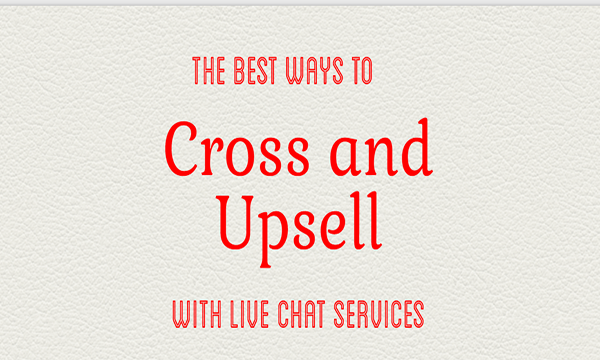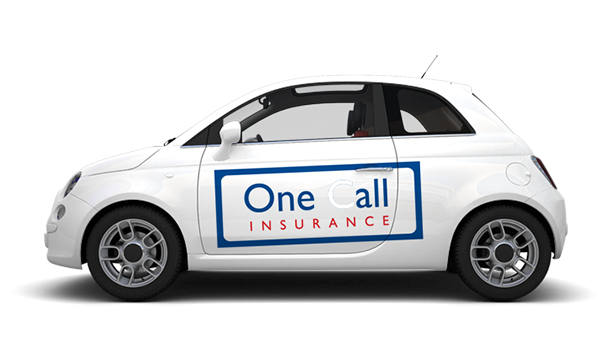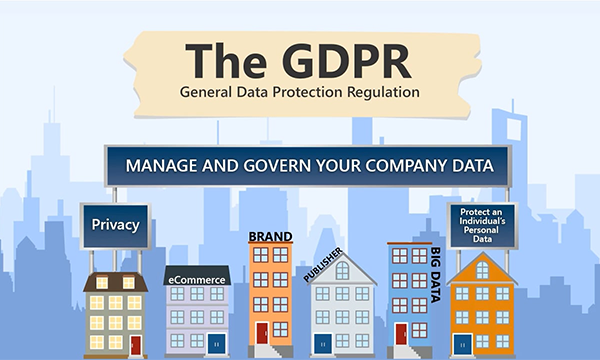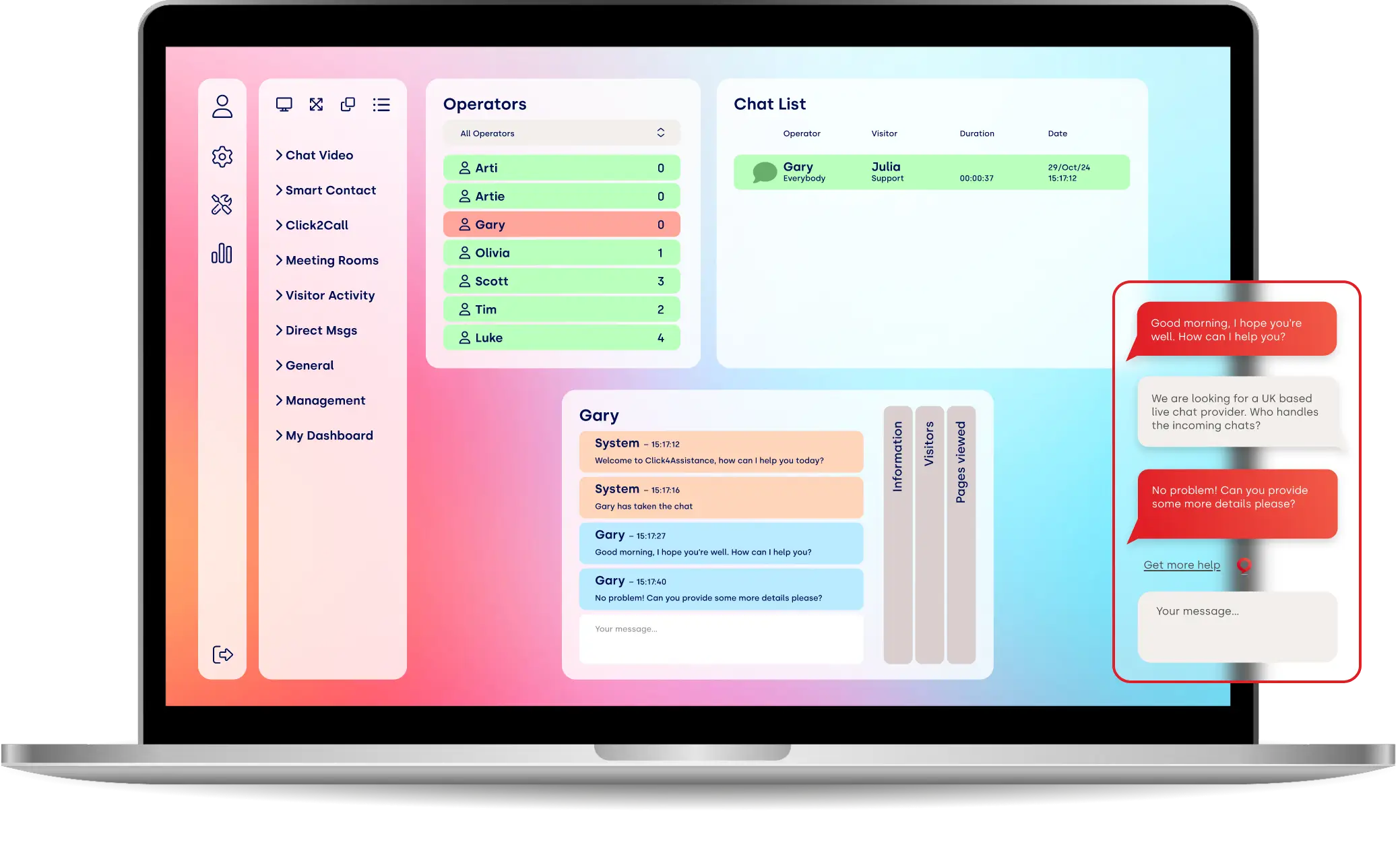What is Edtech and its benefits?

Edtech is an exciting emerging technology in the educational space, transforming how students learn and enabling improved collaboration and greater engagement.
Edtech is a generic name for technology entering the education space, similar to “fintech” or “agtech.” The conventional definition is the introduction of devices, such as desktop computers and tablets, to the physical classroom environment. However, the concept is becoming more wide-ranging as digital technology dematerialises and learners become more location-independent. For example, edtech is also present in virtual learning environments in the form of blockchain-based accountability for assignments or machine learning to identify plagiarised essays.
Because of this, Edtech is penetrating public and private schools, educational establishments and universities. Additionally, corporate trainers are using it to facilitate streamlined continuing professional development (CPD) for organisations with a mixture of physical, digital-only, and “extended reality” (XR) modalities.
What are the benefits of edtech?
The reasons for this proliferation come from edtech’s profound benefits. Educational institutions and organisations can train people more efficiently and effectively with it.
Improved Collaboration
As an example, edtech is facilitating improved collaboration between students. Cloud-based apps let learners converse with each other and work on projects simultaneously, ensuring everyone contributes. Meanwhile, online games enable students to work through puzzles and share learning experiences.
Greater Access To Learning Materials
The IoT, add live chat to website pages, and portable devices are also making it more straightforward for students to learn outside the classroom. Digital environments often mimic all the pedagogic cues that make learning effective, ensuring students can continue their education from any location.
This tech-driven approach enables students to progress at a pace that suits them. Learners can circle back if they haven’t mastered something before moving on to the next topic.
Personalised Educational Experiences
Personalised educational experiences are another benefit of edtech. Tools are opening up opportunities for educators to craft bespoke pedagogic approaches for learners based on their skills, weaknesses, or learning goals.
The sheer combination of content available is creating excitement in the sector. Students no longer need to rely on passive learning techniques, such as reading textbooks or listening to lectures. Instead, digital tools make learning more active to consolidate progress. Regular tests, problem-solving, and active recall can profoundly influence the rate at which students learn.
Online and digital experiences are also reducing the stress of learning. Technology is transitioning educational institutions from intense end-of-year tests to more chronic testing of students’ overall aptitude throughout the term. This approach eliminates the effects of the examination environment and provides a clearer picture of the student’s understanding, skill, or development.
Automated Grading
Automated grading is another benefit of edtech’s entrance into the classroom. Apps can use machine learning to analyse answers and compare them to the assignment’s specification, producing a rating in mere seconds. These tools work for standardised problem sets (such as maths homework) and free-flowing essays on English literature or history.
More Engaging Lessons
Finally, edtech is making lessons more engaging. The technology can use the latest advances in educational sciences to craft learning experiences that foster genuine curiosity and interest.
This departs from the traditional approach where teachers view students’ clock-watching as a form of insolence. Researchers now know engagement is essential for effective learning and should be an integral part of the process. Edtech makes this possible through several mechanisms, including:
- Adjusting education’s delivery format, focusing on active instead of passive learning
- Balancing the difficulty level
- Using gamified or video-based learning experiences
- Fostering collaboration and boosting classroom participation
Leading Edtech Brands
Various brands are entering the edtech space, all seeking to transform education and enable faster learning. However, the ecosystem is surprisingly diverse, as you will see. Numerous companies, including recent startups, are entering the fray.
Perlego
Perlego is an ebook subscription service that lets students rent textbooks via its app-based e-reader. The company touts itself as a solution to conventional paper textbook prices, which can be out-of-control for in-demand books, even second-hand. Students can get unlimited access to study materials for a fixed monthly fee, with royalties flowing from Perlego to the IP Owners.
Khan Academy
Khan Academy is a non-profit offering free educational resources to anyone with an internet connection. The site’s founder, Sal Khan, teaches courses on mathematics, physics, other sciences and economics using a combination of videos, quizzes, mastery sessions, and end-of-unit tests. Students can learn from anywhere, get reward points, and track their progress over time.
edX
edX is a joint Harvard Unity and MIT venture offering various undergraduate-level courses to students globally. It provides access to learning materials for anyone wanting to learn computer science, history, architecture, and other academic subjects taught by the universities’ faculties. Videos have excellent production values, and students can find answers to problem sets online.
Pi-Top
Pi-Top sells programmable computer systems that teach teens STEM subjects, including coding and robotics. Its software provides a virtual sandbox for experimenting with ideas and testing how they might play out in the real world. Students get hands-on, practical experience with STEM subjects and can see how they work without having to think in entirely abstract terms. Project-based learning means there is always something new and exciting to do.
Kortext
Kortext is another digital learning platform that offers students access to critical textbooks for various courses. The Bournemouth-based company is affordable and aims to provide students with quick learning tools to master subject matter faster.
MyTutor
MyTutor is a learning platform for students searching for tutors to provide online lessons. The company links them to tutors from top universities for sessions often paid by the hour.
Duolingo
Duolingo is a language learning app that uses innovative techniques to encourage students to learn faster. The tool prioritises languages’ structure and rules, getting you to engage in conversations immediately and adding vocabulary later. It tends to avoid rote memorisation.
Wrapping Up
In summary, edtech refers to digital technology, devices, software, and cloud-based tools that facilitate learning. Students can work collaboratively, choose the pace of their education and enjoy substantially higher engagement during lessons.

























